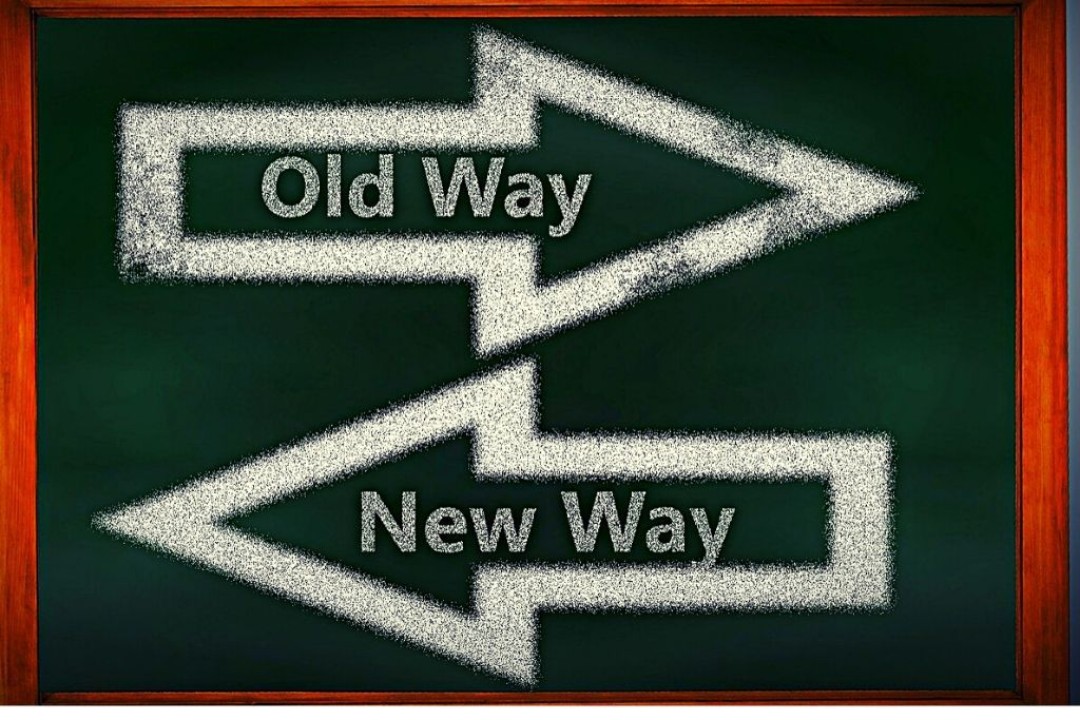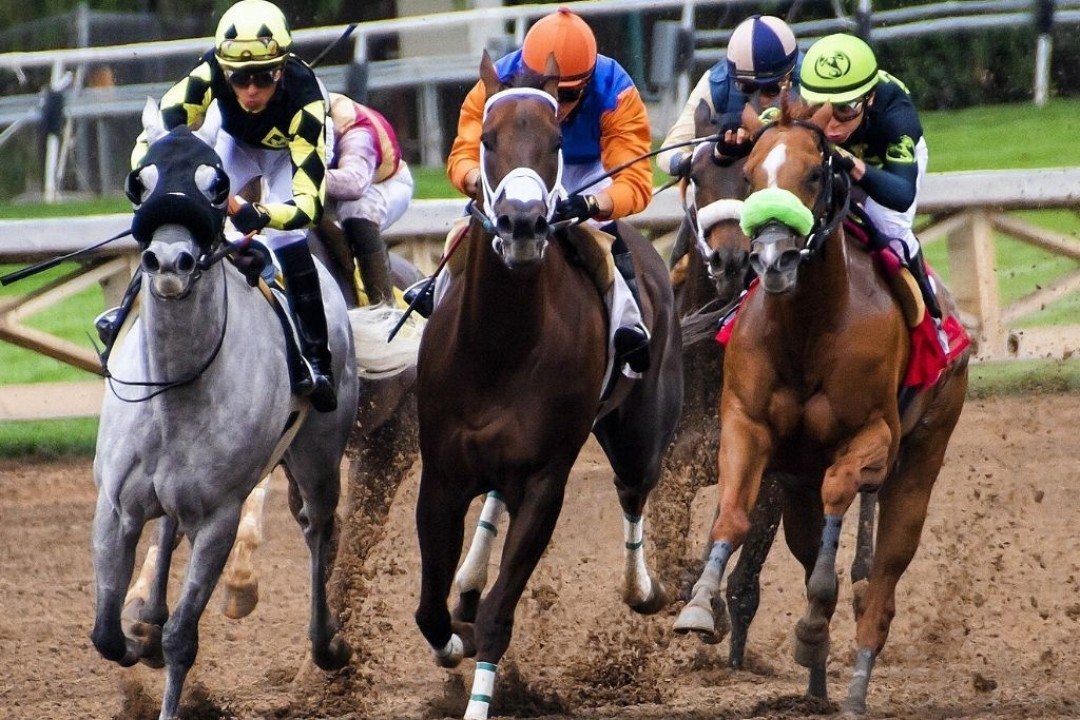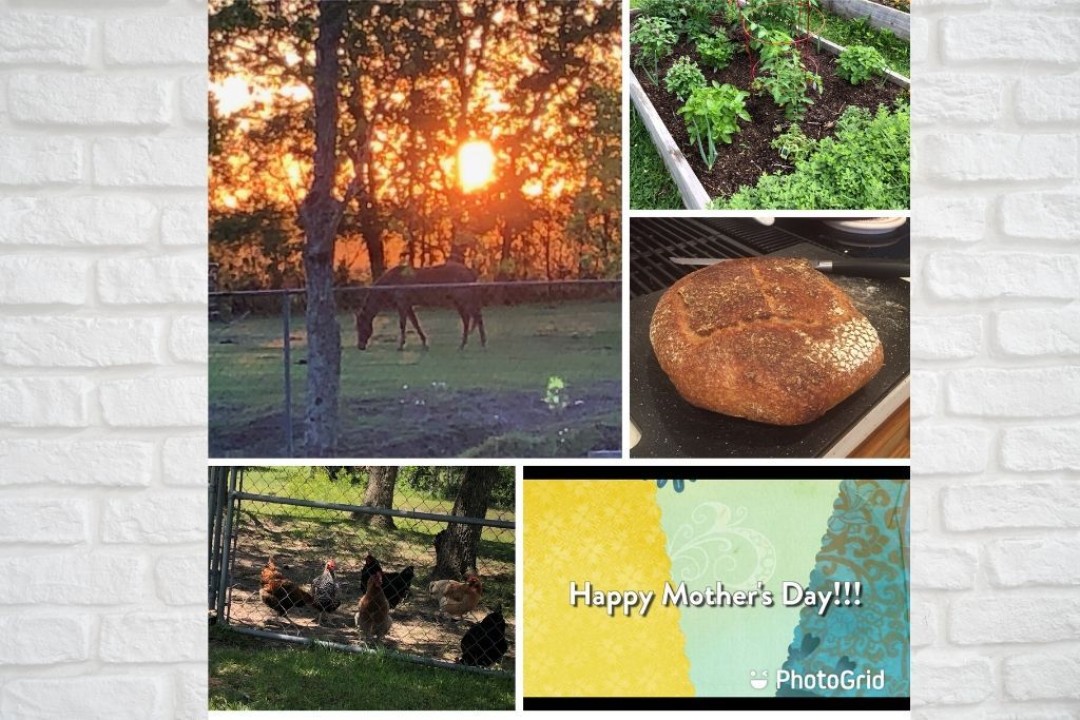My sugar research...
October 31st, 2014 Mrs D's Blog 34 comments
(Warning: Long Post with some science-y stuff in the middle)
I’m kind of reluctant to post this because – honestly – worrying about sugar etc is the LAST THING YOU SHOULD BE DOING if you are new at sobriety. I spent the first year or two of my recovery drinking all manner of sugary drinks and eating whatever the hell I liked… and you should too.
But I have to write about where I’m at right now, and where I’m at right now is 3+ years sober. And where I’m at right now is realizing that I use sugary crap the same way I used booze – to numb, avoid, ‘treat’, punish, fill the gap, avoid the silence etc etc.
So now is absolutely the right time for me to be looking at the other dumb things I do for my moods, other dumb ways that I decide to ‘treat’ myself, other dumb choices I make to cope with life (that’s me calling myself dumb, don’t worry – I am my own best friend.. this next step in my ’emotional healing’ process is evidence of that).
Recently I’ve been wanting more concrete information about sugar and processed carbs etc to learn exactly what they do to my body and how it relates to my alcoholism. So I have been reading Dr Libby’s online information (more from her here), the I Quit Sugar book by Sarah Wilson, and The Mood Cure by Juila Ross. I also watched John Oliver rant about sugar (this is good). And of course I’ve been absorbing all the other media about sugar that is all over the place. Here’s what I have learned…..
Julia Ross says “sugar is one of the most addictive substances on the planet”, explaining the science behind her claim like this; “Sugar forces a rise in endorphin levels. It is the ultimate ‘pleasure’ drug food. Chocolate, ice-cream, sweets, baked goods, cereal & other artificial serotonin boosters are as potent as drugs in the way they can manipulate your brain and body.”
Sarah Wilson concurs; “sugar is a drug that interacts with reward systems in the brain in much the same way as addictive drugs.”
And so does Dr Libby; “When you eat sugar it stimulates the release of dopamine in your brain, which makes you feel pleasure. The brain recognises and likes this feeling and begins to crave more, as dopamine is one of the neurotransmitters involved in reward seeking behaviour. In fact, morphine and sugar stimulate the same receptors in your brain and the dangers aren’t just to your waistline.”
I don’t fully understand the difference between endorphins, serotonin, & dopamine .. but I get the gist. These are the pleasure systems in our brains. And some of us are more vulnerable to needing those pleasure systems stimulated. Julia Ross: “As it does with all addictive substances our vulnerability varies. Some of us may develop only a mild dependency to sugar, with few negative consequences, many of us have been more seriously hooked”.
No prize for guessing which category I fall into.
Oh, and there’s another problem with sugar – not only does it mess with our pleasure receptors, but our bodies don’t register it the same way as other foods so it doesn’t fill us up. Dr Libby: “Part of the problem with sugar is that the satiety centre in your brain isn’t activated so you just keep eating it.” Sarah Wilson; “Humans don’t have a natural off-switch for fructose, when we eat fructose our bodies don’t notice it in our system… it goes undetected.”
Ok so now she’s talking about fructose… and I start to get confused. So I’ve tried to find out and breakdown in very basic terms what ‘sugar’ actually is.
Sugar is a carbohydrate, and so is starch – the only difference is in the size of their structures. Starch is broken down into sugars during digestion (explains why bread & wheat-y foods are lumped into this problem for me).
* Single sugars are monosaccharides – glucose & fructose. Glucose & fructose exist separately in plants but can combine to become sucrose in fruit or root vegetables.
* Double sugars are disaccharides – sucrose which is table sugar, lactose found in dairy, & maltose found in certain vegetables and beer. Honey is also a double sugar, but unlike table sugar, it contains a small amount of vitamins and minerals i.e it’s a bit better than bad table sugar which is sugar cane concentrated with any good stuff taken out!
* Starches are polysaccharides like legumes, starchy vegetables, whole-grain breads and cereals.
Sarah Wilson says fructose is the enemy. She says our bodies are designed for very little fructose, it converts directly to fat and it messes with our hormone systems.
OK. So – sugar might not have the same obvious impact on my brain like booze does.. but it clearly does have an impact somewhere deep in my physicality. I don’t ‘feel’ a sugar rush like I ‘feel’ drunk, but I know that the more sugary crap I eat the more I crave it, and if I’m in a funk or a low phase in my life I reach for it more.
If I’m really ‘doing it hard’ emotionally AND eating heaps of sugary crap AND it’s going on for an extended period of time I describe it like being “in a hole”. I’ll say to Mr D “I’m lost in a sugar hole right now”. When I’m really deep in the sugar hole it takes a mammoth effort to get out of it – fending off cravings, headaches, moods. It’s not overly dramatic but it’s there. I’m being brutally honest.
The good news is I find the sugar cravings much easier to beat than the alcohol ones were and it takes less time for them to abate. In the evening when sugar is calling to me it’s about 20-30 minutes of mind-chatter that I have to fight off before I can relax. And if I do that for 4-5 days in a row I’m usually (mostly) cravings free. But I have to stay vigilant. If I let a little sugary/wheat-y crap back in the cravings start up again quick smart. So I’m really going to try and not fall deep in the hole too often.
Fact: I feel MUCH better emotionally and physically when I don’t eat sugary crap. Holy shit. That ‘deep down’ impact is very noticeable when it’s gone. I feel happier and lighter, it’s wonderful. So beating cravings and staying vigilant is worth it (note to future self when the going gets tough.. don’t fall in the hole!!)
So now to the solutions!!!!!!!
* Sarah Wilson says the best replacement for sugar is fat & protein (eggs, cheese, nuts, coconuts.) They fill us up so we can’t gorge on them and they’re good for us. Nadia Lim agrees! I try to eat cashew nuts and beersticks and eggs and avocado rather than biscuits, crackers, slices etc. Sarah Wilson also says when shopping read the labels and aim for foods that are 3-6g of sugar per 100g or 100ml. This benchmark is really helpful when looking at non-alcoholic drinks.
* Best (low fructose) fruits are; kiwifruit, grapefruit, honeydew melon, blueberries & raspberries. (Medium fructose fruit is; mandarins, plums, peaches, strawberries & oranges. High fructose fruit is; grapes, cherries, apples, mangoes & bananas).
* For me I am treating the hard core sugary crap like alcohol (as much as possible). I don’t touch it. I know what it is for me and I know how my body and mind respond to it. If I’m having a craving in the evenings I use the same techniques that I did when beating my booze addiction – I be honest with myself what’s happening, I distract myself somehow, I talk about it out loud to Mr D or the wall “I’m having a hard-out sugar craving right now”, I try to visualize myself waking up happy that I didn’t cave and reach for sugar, I have a cup of herbal tea, I go to bed.
And I never wake up regretting that I didn’t sugar binge the night before.
That’s it from me! Please do chime in if you have any extra information about sugar or observations about your own reaction to it. There is so much information out there on sugar and many differing opinions. In no way do I profess to be an expert! But I feel infinitely better informed now than I did before I started this research project.. and with this better understanding I feel better equipped to forge ahead and try, try, try to live healthily and wholly and not dysfunctionally as has been my habit for most of my adult life.
As always, I’m a work in progress. But what is it they say? “Progress not perfection.” That sounds good to me.
Love, Mrs D xxx
Continue reading
Nothing Changes if Nothing Changes
This post comes from lovely long-time member @hammer123.
July 2, 2020 – 23 comments
Sober Story: Jay
This week’s Sober Story comes from Jay who lives in the Bay of Plenty.
June 19, 2020 – 9 comments



